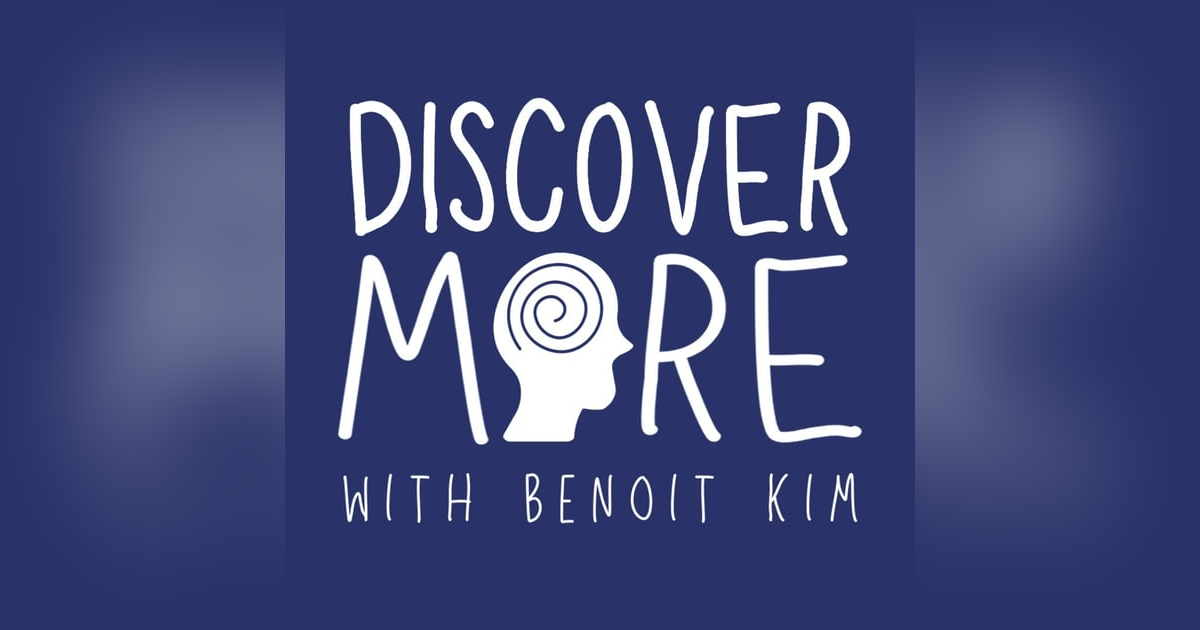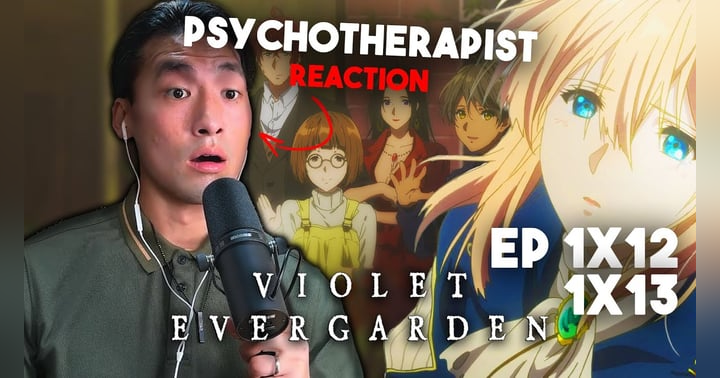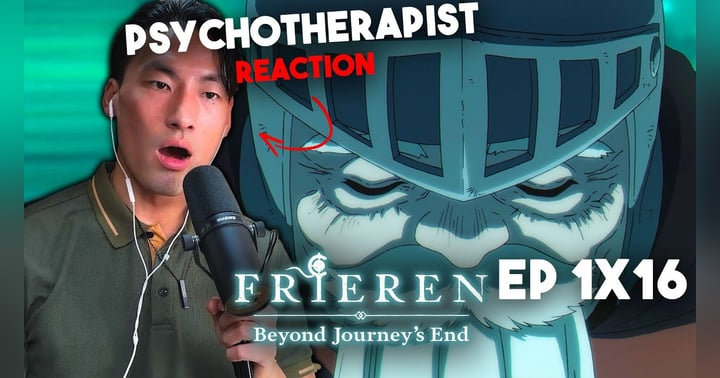May 4, 2024
David Rudd's Insights on Higher Education and Mental Health

David Rudd recently joined the Discover More Podcast to discuss his extensive experience in higher education and mental health. As the president of the University of Memphis and founder of the Rudd Institute, Rudd has a unique perspective on the challenges facing colleges today. Benoit was eager to pick Rudd's brain given his impressive background. One hot topic they dove into was the issue of rising college costs and affordability. Rudd shared that in 2019, he actually testified before Congress on this critical problem. He explained how college tuition has vastly outpaced growth in areas like healthcare. Since the 1980s, tuition costs have skyrocketed while medical care costs have seen more modest increases. Rudd argued that this trajectory is unsustainable and solutions must be found to rein in tuition inflation. Beyond costs, Rudd and Benoit explored the changing value of undergraduate degrees. Rudd contended that where someone earns their bachelor's degree matters much less today than where they obtain graduate degrees. In his field of psychology, the specific undergraduate college attended means little. The connections formed and experiences gained in graduate school tend to have more career impact. Rudd posited that graduate school is where critical specialization occurs. This led to a discussion about what makes for successful students in Rudd's experience. He emphasized that an openness to different viewpoints is vital. Students who challenge their own thinking and consider diverse perspectives tend to thrive. Rudd also highlighted the importance of taking risks by engaging with faculty and being willing to explore new directions. Students who actively participate in their education gain more from the experience. The conversation then shifted to the double-edged sword of technology and social media. Rudd compared social media to casinos leveraging psychology to addict users. The constant notifications and feedback loops activate the brain's pleasure centers. This parallels how casinos keep patrons gambling for hours on end. Rudd cautioned that social media taps into the same mechanisms. Both he and Benoit agreed that limits and moderation are crucial to regulating social media usage. Benoit noted that social media addiction does not just impact youth but also adults. Delving deeper into mental health issues, Rudd walked through the history of diagnosing psychological disorders. He explained how the Diagnostic and Statistical Manual of Mental Disorders (DSM) was originally created to facilitate insurance reimbursement. It allowed psychologists to compete with psychiatrists and physicians in a medicalized environment. However, Rudd argued that the DSM led to pathologizing normal emotional experiences and states. Human distress became viewed as illnesses rather than part of the human condition. Rudd explained how this perspective has shifted more recently. He discussed research showing teaching practical skills around suicide prevention is more effective than disease-focused approaches. For instance, training in distress tolerance, emotion regulation, and crisis response equips individuals to cope with life's challenges. Rudd said moving away from pathology and embracing normal emotional functioning as the goal has great promise. He elaborated on past theories that painted emotional pain as a sign of individual weakness or inadequacy. This promoted stigma around mental health issues. Rudd contrasted this with modern, skills-based approaches that empower individuals. Benoit affirmed how damaging those earlier perspectives proved to be. Rudd also touched on the evolving relationship between psychology and psychiatry. He recalled a time when psychiatrists enjoyed higher prestige and pay, but said those gaps have narrowed. Today Rudd actually works within medical centers fully integrated with psychiatry and other medical specialties. The silos are disappearing. When asked about specific skills-based therapies, Rudd spotlighted distress tolerance and emotional regulation. Teaching people how to withstand distress without resorting to maladaptive coping behaviors can be lifesaving. Rudd called these "emotional survival skills" that everyone would benefit from learning. Benoit praised efforts to make such training more widespread. Throughout the wide-ranging conversation, Rudd emphasized the human side of higher education and mental healthcare. He pushed back against excessive medicalization and pathologizing of normal conditions. Rudd advocated for empowering approaches focused on building skills and resilience. By sharing his decades of experience, Rudd provided invaluable perspective on how colleges and mental health providers can best serve students and the public.
Check out the full version of Episode 113 here.
A Path Forged in Fire: A Psychotherapist's Analysis of Violet Evergarden Episodes 12 & 13
In a recent YouTube video, a psychotherapist offers a combined analysis of Violet Evergarden Episodes 12 and 13, focusing on Violet's internal conflicts, her past as a weapon, and her ultimate understanding of love and peace. The analysis provides a…
Echoes of the Past: A Psychotherapist's Analysis of Frieren: Beyond Journey's End Episode 16
In his recent YouTube video, a psychotherapist offers a detailed analysis of Frieren: Beyond Journey's End Episode 16, focusing on the themes of loneliness, memory, legacy, and the enduring power of past connections. The analysis provides a deeper u…







